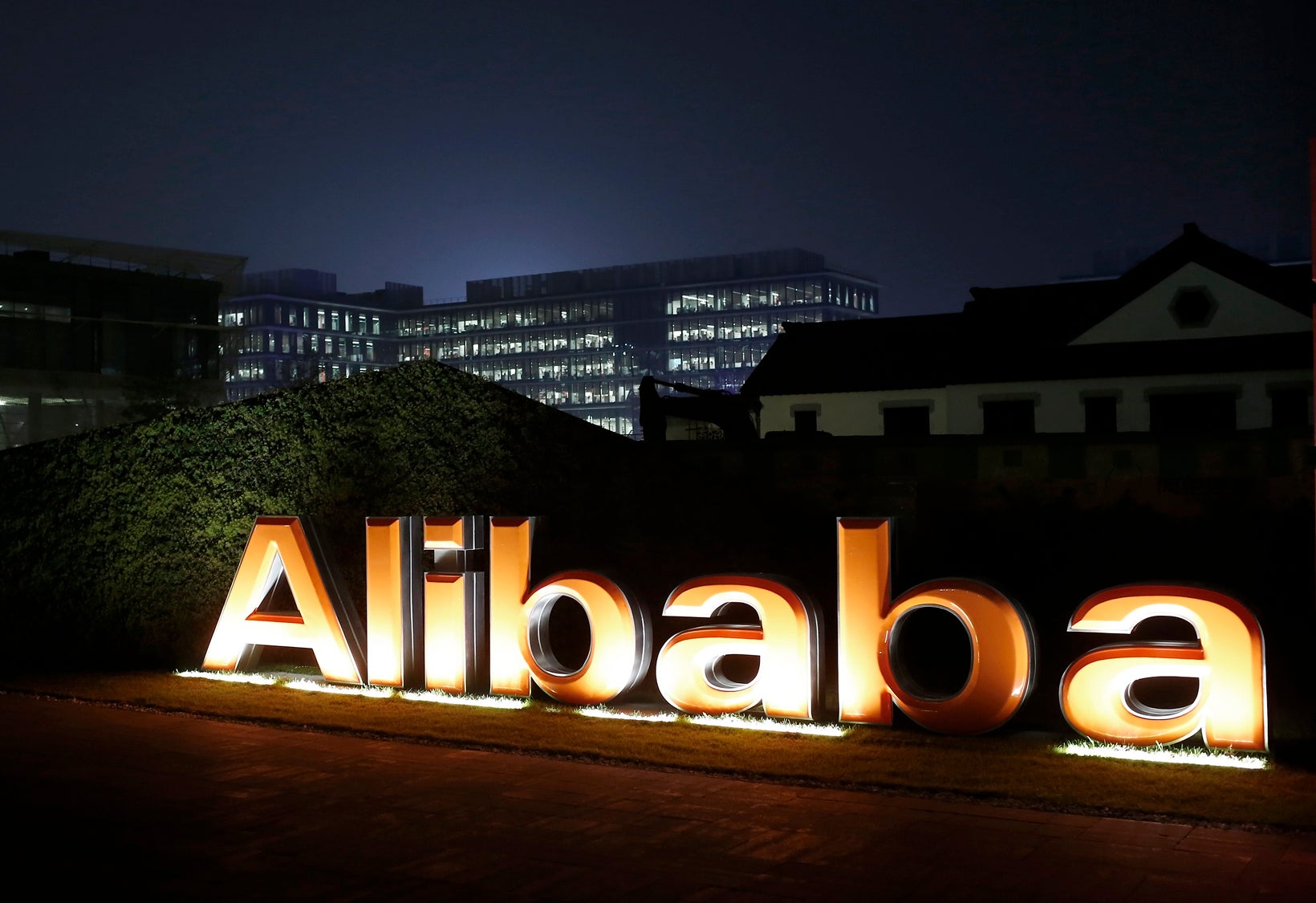The Alibaba ecosystem is a conglomerate on its own terms
It’s not easy to define what Alibaba is.


It’s not easy to define what Alibaba is.
Starting out as an e-commerce platform that connects sellers and buyers, the company has grown into a giant beast with legs in almost every aspect of the internet. It still sells things online, but it also owns offline multinational retail stores. Its digital payment tool got so widely adopted, the company developed a credit reporting system around it. Alibaba’s cloud services cover the majority of the Chinese market and is among the top five globally. It is the biggest stakeholder for a number of popular social media platforms in China. It owns major shares in some of the most promising companies in the future of transportation.
No single Western company has a business portfolio comparable to Alibaba’s. To get a sense of Alibaba’s dominant position in China, imagine all these well-known Western brands rolled into one:
Most of these Alibaba entities are household names to Chinese consumers. It’s difficult to live a day without using some of them: Alipay is the default mobile payment method for many; Didi is the only ride-hailing option; internet users watch videos on Youku or Tudo, socialize on Weibo, and shop on Taobao or Tmall.
However, Alibaba has gone far beyond a collection of Western copycats. The broad spectrum of integration has created business opportunities that are innovative and unique to the Chinese market. There is no Western equivalent to Hema, the offline supermarket powered by consumer data, or Cainiao Logistics, a data-logistics platform that integrates warehousing, dispatching and delivery. Alibaba isn’t just assembling existing companies, it’s creating new ones along the way.